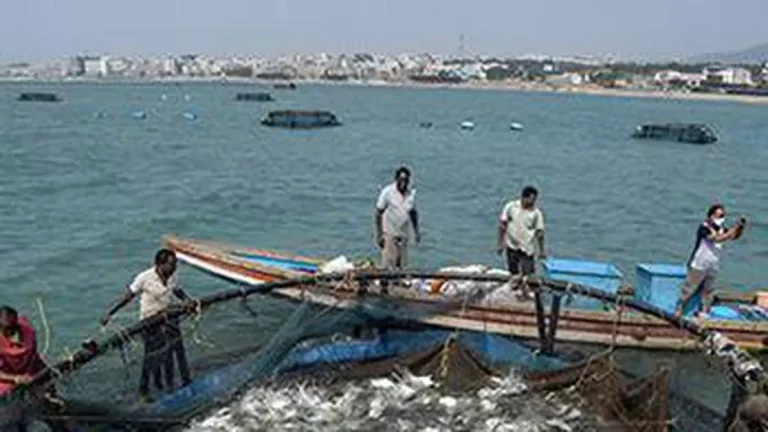The three-day International Fisheries Congress called for the establishment of an Indian Fisheries Council and formulation of a National Fisheries Education Framework (NFEF).
The NFEF aims to establish minimum standards in fisheries education, encompassing curriculum, infrastructure and workforce. The resolution also highlighted the need to introduce teacher training and assessment programs to equip them with the latest technologies to deliver more effective content and improve interactions with students.
To keep pace with technological advancements in fishing, the Fisheries Congress has recommended reformulation of existing courses, including incorporation of new topics such as data science, digital technology, artificial intelligence , machine learning, and business management as noncredit or elective courses. without compromising core course credits. Emphasis was also placed on improving the communication and management skills of graduates to enhance their entrepreneurship and employability.
The congress also proposed improved approaches for appropriate data collection in the country’s inland fisheries sector. He stressed the need for better relations between farmers and industries.
The summit also highlighted the imperative strategic measures required to address the challenges of climate change in the aquaculture sector in the Asia-Pacific region, with particular focus on key areas such as pathogens, antimicrobial resistance, food safety , certification and technologies.
The Congress recommended the creation of a global network for climate resilience, involving the strengthening of farmers, agricultural systems and races. The adoption of artificial intelligence in disease surveillance and tracking, tailored to the location and capacity of the farmer, was highlighted.
T. Pradeepkumar, vice-chancellor of KUFOS, said the recommendations of the congress would be submitted to the central and state governments, as well as the Food and Agriculture Organisation.
The Congress also strongly urged the state government to set up the Vembanad Lake Development Authority, similar to the Chilika Lake Development Authority. This authority is considered essential for the conservation, monitoring and development of the Vembanad Lake ecosystem. The resolution emphasized that the Lake Development Authority should have regulatory powers to effectively carry out its responsibilities.



